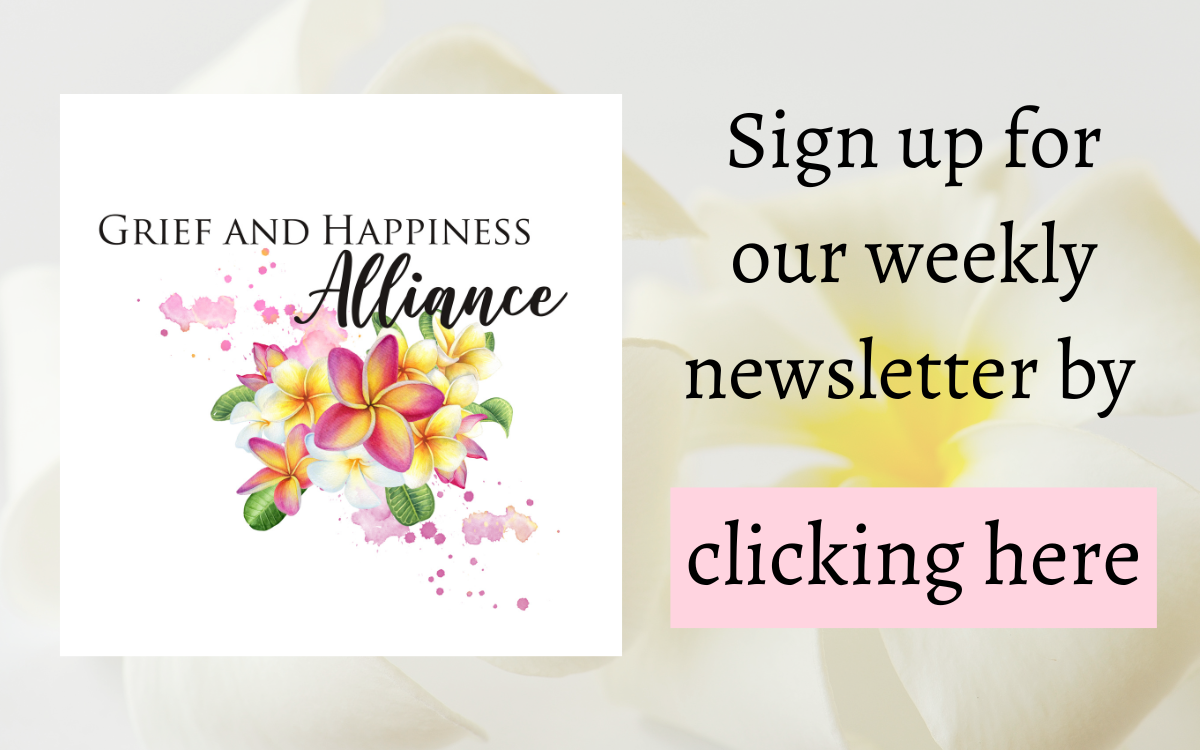
Lately it seems that so many people are dying. In dealing with people in grief, often they mention that it isn’t just that their loved one died, but there are so many others dying, too, that dealing with all that death can be overwhelming. So what can you do?
Often when we see or hear of others dying, our own mortality comes into question. If you fear dying or feel that you are not ready to die, these reminders of death can catapult you into depression and anxiety, but they don’t have to. We all know deep down that the only thing we can positively know in life is that we all are going to die, so we can fear death, or we can choose to live every moment in the time we have.
Having been around so many people who have died, I have noticed some commonalities. Often, when people receive a terminal diagnosis or when they realize they are dying because of a sudden illness or accident, I have seen these people become at peace, relaxing into the experience. My mother, for example, didn’t smile for years after Daddy died. When she received a terminal diagnosis, she cried at first. But after that first day, she seemed happier than she had been in years. Watching the experience of her joy enabled me to keep things in perspective. So I started watching others and contemplating what the best things for me to do in this situation would be.
First, I committed to listen to the dying. They have things they want to say, and they want to be heard. Ways you can help would be to record their thoughts or maybe write letters for them. But mostly, just listen to them while they can still share with you. In Ron’s last week, the most important thing for him was to say goodbye to everyone he wanted to. And he did, either in person or by Face Time where he could look in their eyes, and that brought him so much peace.
Don’t put off visiting with someone you care about. The time of death is unpredictable, so visit whenever you get a chance. Human contact can mean more than anything else. As death approaches, contact is the only thing left that really matters.
The most important thing here is for you to take care of yourself, as you will still be here after the death, and you matter. Take some time to explore your feelings. Write them down. Expressing yourself by journaling can help you realize where your fears are lurking, or realize that you have nothing to fear. Writing help you to keep things in perspective. And living your best life is the best way to honor your loved ones.
PS If you’d like some help, check out my Guide to living in the moment at https://lovingandlivingyourwaythroughgrief.com/free/or my new resource page of books that have helped me along the way at https://lovingandlivingyourwaythroughgrief.com/resources/

So wise. Listening to and continuing interaction with those who are dying is so important, important with all loved ones, especially the elderly, but most keenly those grappling with a terminal diagnosis. As you say, they may have things to say or things they want to do. They might just want the quiet company of a loved one. Being there is the important thing.